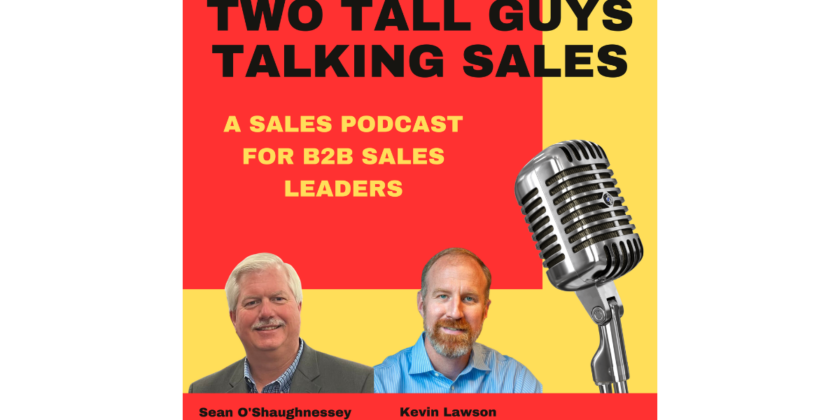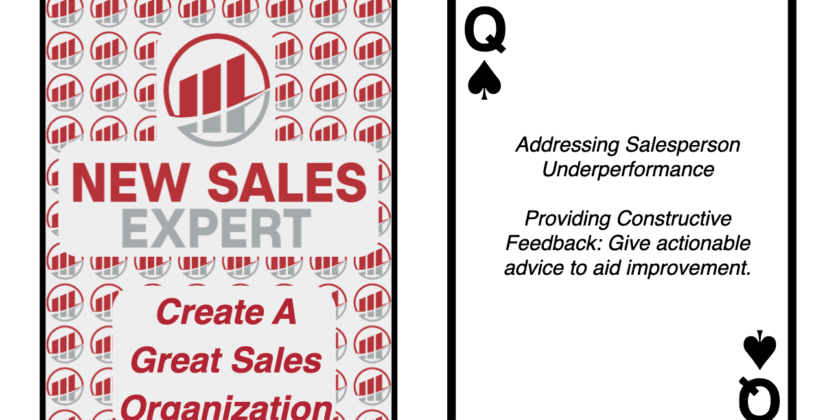In B2B sales, where every interaction and every closed deal matters, providing constructive feedback is not merely an addendum to the daily operations—it is a pivotal aspect of the sales narrative, a determinant of success. The intricacy of feedback, however, cannot be overstated. It is a craft that, when honed, can propel the underperforming to new heights of achievement and the proficient to unprecedented mastery.
The Anatomy of Actionable Feedback
Consider the feedback mechanism as a surgical tool—it needs to be sharp, precise and used with intention. Actionable feedback, therefore, must encompass specificity, relevance, and timeliness. Specificity eliminates the ambiguity that so often clouds the potential for improvement. It offers a clear target, a definitive aspect of the sales process that requires attention. Relevance ensures that the feedback is meaningful within the context of the salesperson’s role and objectives. Lastly, timeliness ensures that feedback is given while the sales activity is fresh, making the advice more applicable and immediate.
The Constructive Nature of the SBI Framework
Employing the SBI (Situation-Behavior-Impact) framework can transcend the traditional feedback loop, turning it into a structured and insightful dialogue. In this framework, feedback begins by identifying the Situation—when and where the behavior occurred. It then delineates the Behavior—what the salesperson did or failed to do—and concludes with the Impact—how their behavior affected the outcome. By breaking down feedback into these components, sales leaders provide a narrative that is both comprehensive and understandable, leading the salesperson down a path of self-awareness and professional growth.
Timing: The Keystone of Feedback
Timing in feedback delivery is like the placement of a keystone in an arch; it holds everything together. If the feedback is delayed, its relevance diminishes. If too prompt, it risks seeming reactive or insubstantial. In the dynamic environment of sales, the immediacy of feedback is essential for critical missteps, while a more nuanced and developmental feedback approach can be reserved for scheduled reviews. This strategic cadence allows the salesperson to process and apply the feedback in a rhythm that matches the pulsating nature of their role.
Positive Language: A Conduit for Receptive Feedback
The language chosen to convey feedback can be as important as the feedback itself. Negative language can build walls, while positive language opens doors. For example, rather than pointing out failure, focusing on future opportunities—strategies to handle challenges better—can foster a positive mindset and encourage a salesperson to adopt a proactive approach. It’s a shift from a deficit-focused critique to an improvement-centric conversation, significantly more likely to yield constructive outcomes.
Feedback and Perception: Navigating the Line Between Guidance and Discipline
To prevent feedback from being perceived as punitive, it must be disentangled from disciplinary connotations. It should be communicated as a path to improvement, not a prelude to penalty. Involving the salesperson in creating their development plan turns the process into a collaborative journey, not a top-down directive. This nurtures a culture of self-improvement and accountability, aligning personal growth with organizational objectives.
Reinforcement: The Echo of Effective Feedback
Lastly, feedback must be reinforced through appropriate rewards or consequences that resonate with the overall goals of the sales organization. Positive reinforcement bolsters morale and motivates performance, while fair consequences for continued underperformance underscore the gravity of the sales role. Both are necessary to maintain a balanced and high-performing sales ecosystem.
Implementing Feedback with Precision and Care
As a concluding action, adopt the SBI model in subsequent feedback interactions. Monitor its influence on the dialogue and the salesperson’s receptiveness. Post-evaluation, assess whether this approach has engendered a more structured conversation and if it has led to identifiable steps for performance enhancement. This methodical approach to feedback, infused with positive language and timed with strategic precision, can serve as the fulcrum for lifting sales performance from the ordinary to the extraordinary.







